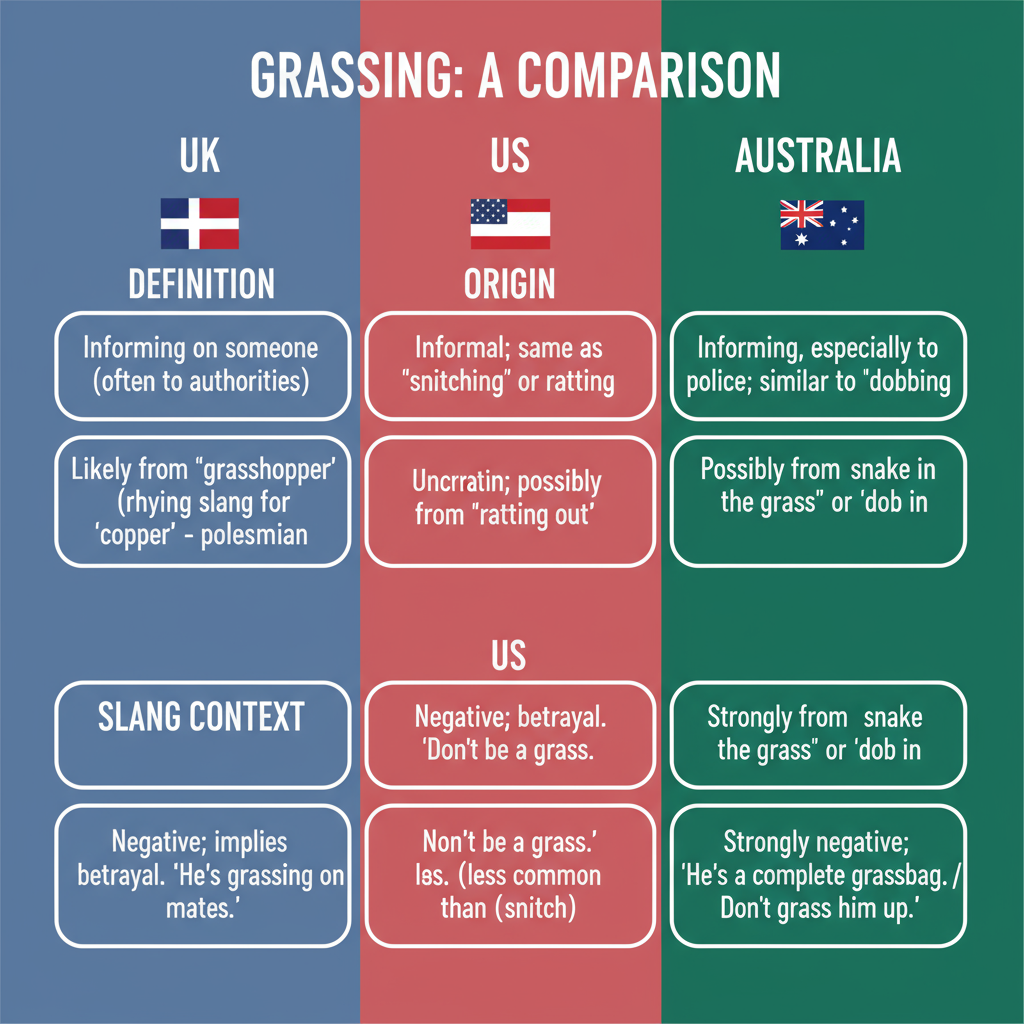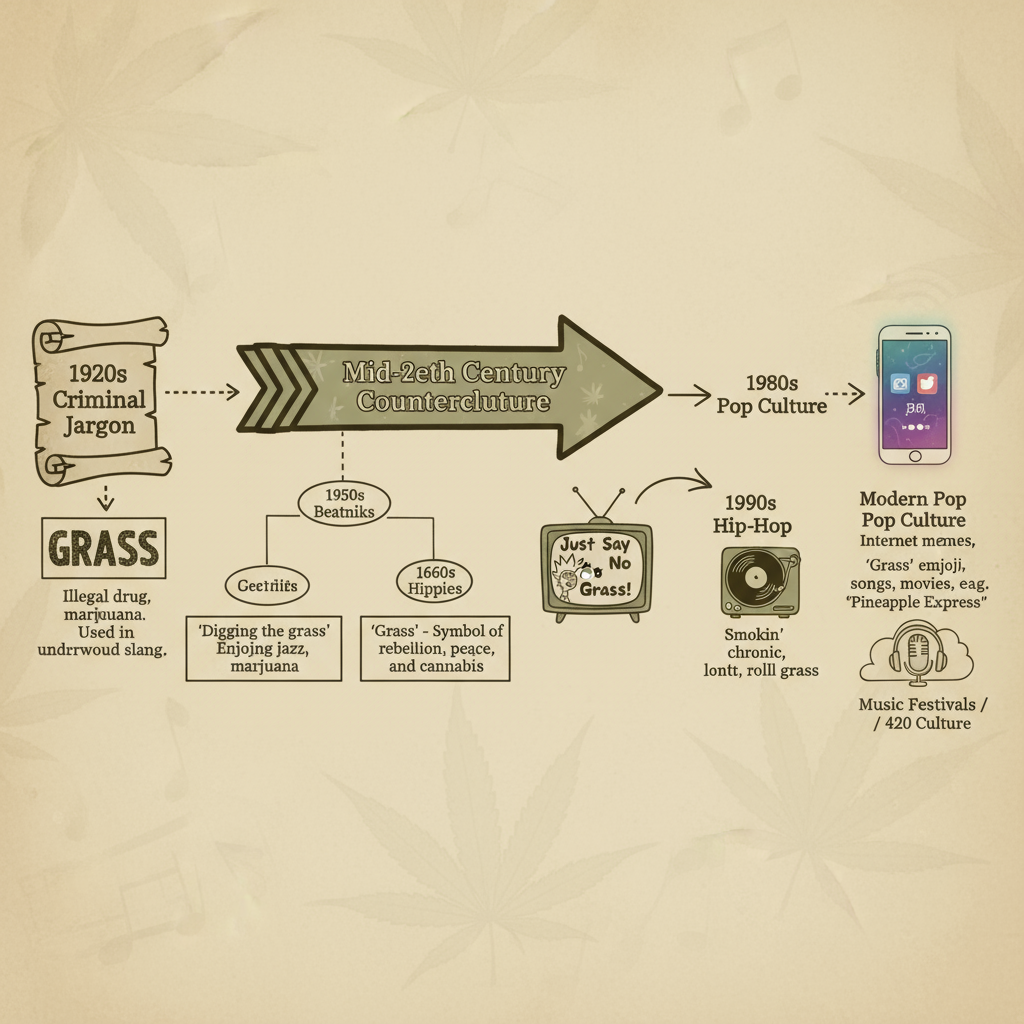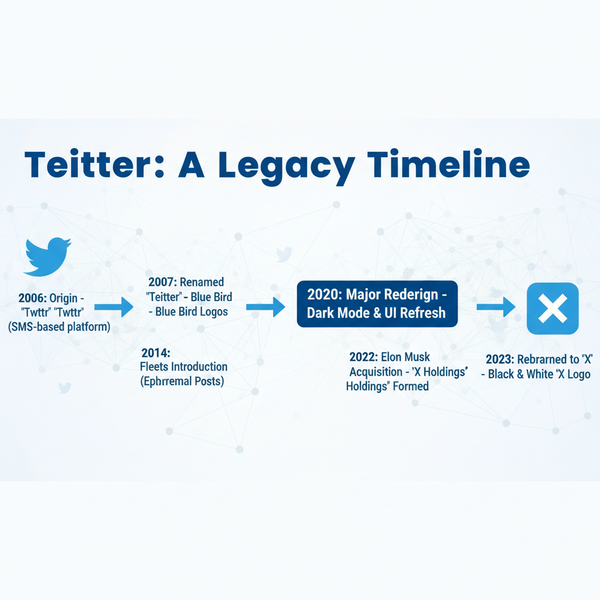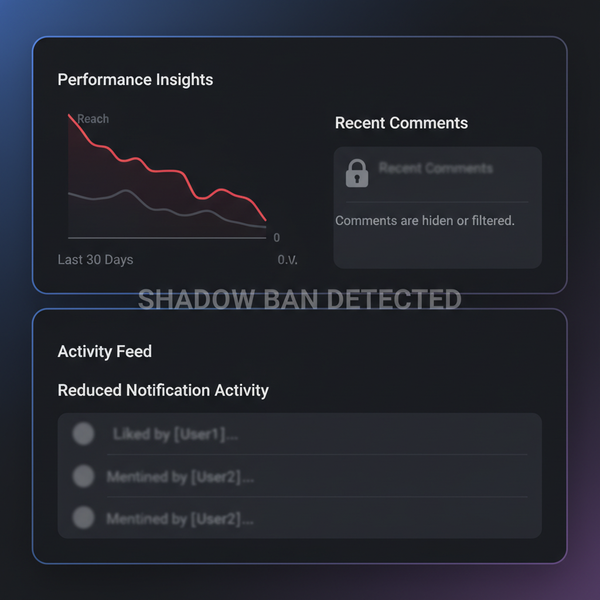What Does Grassing Mean in Slang and Everyday Language
Explore the meaning, origins, and cultural context of the British slang term "grassing," its variations worldwide, and its social implications.

Introduction to the Slang Term "Grassing"
British slang is a vibrant, evolving part of the English language, reflecting history, culture, and community identity. One term that often sparks curiosity—particularly among those encountering UK slang for the first time—is “grassing.” Commonly heard in British crime dramas, music, and news reports, it is also present in casual conversations, schoolyards, and urban subcultures.
In its most widely known sense, grassing means informing on someone to authority figures—akin to “snitching.” However, to fully understand this term, it’s important to look at its origins, cultural nuances, and the varied contexts in which it appears.

---
Definition of "Grassing" in British Slang
In British English, grassing describes the act of betraying someone's trust by passing information—usually to the police, an employer, or another authority—about illegal or frowned-upon behaviour. A person who engages in this is called a grass.
This label carries a strong stigma in certain communities, particularly where loyalty is prized over adherence to laws. To grass someone up means to publicly or privately reveal their wrongdoing to someone in power.
Example sentence:
> "He got caught grassing on the lads who were selling weed down the estate."
---
Origins and Etymology of "Grass" in Criminal Jargon
The phrase grass likely originates from earlier English expressions. One theory traces it back to “snake in the grass,” a metaphor for hidden treachery dating to antiquity. Over time, the metaphor was shortened in criminal jargon.
Another popular explanation is rooted in Cockney rhyming slang: "grasshopper" rhymes with "copper" (police). In this context, to grass meant to inform the police—reflecting a culture of coded speech in 19th and 20th-century London criminal underworlds.
---
Examples of "Grassing" in Pop Culture and News Media
From entertainment to real-world reporting, grassing has been a recurrent theme:
- TV Dramas – UK shows like Line of Duty and Peaky Blinders often hinge plot twists on the revelation of a “grass” in the ranks.
- Music – In grime and drill, refusing to "grass" is linked to street credibility.
- News Coverage – UK tabloids frequently deploy the term in crime headlines, e.g., “Gangster jailed after grassing on associates.”

---
International Differences: UK vs. Other English-speaking Regions
While “grassing” is common in the UK and parts of Ireland, it is far less used in the United States, where “snitching” or “ratting” are standard. Other regions have their own equivalents.
| Region | Common Term | Notes |
|---|---|---|
| UK & Ireland | Grassing | Widely used in everyday and criminal slang. |
| USA | Snitching / Ratting | Most recognised terms; "grassing" uncommon. |
| Australia | Dobbing | “Dobbing in” more prevalent than “grassing.” |
| New Zealand | Dobbing / Grassing | Both terms used; varies by subculture. |
| Canada | Snitching | British slang may appear in UK-influenced communities. |
---
Alternative Uses of "Grassing" Outside Slang
Beyond criminal or betrayal contexts, “grassing” can mean:
- Gardening – planting or laying turf.
- Sports – in rugby, “grassing a player” means tackling them to the ground.
- Nature/Spaces – referring to an area developing grass coverage.
These examples highlight how context is critical to interpreting the term correctly.
---
Social Stigma and Consequences of Being Called a "Grass"
The accusation of being a grass can have lasting socio-emotional effects:
- In tight-knit urban communities, it implies betrayal and may lead to ostracism or retaliation.
- In schools, children echo adult slang—“Don’t grass on me!”—reflecting group loyalty pressures.
- In workplaces, “grassing” may intersect with whistleblowing, which is legally protected but socially complicated.
Such stigma can deter people from reporting misconduct, even when morally justified.
---
Perception Across Different Communities
Street Culture
Grassing is seen as the ultimate betrayal, breaking unspoken codes of silence.
Workplace Environments
Often reframed as whistleblowing—potentially viewed positively by management but not always welcomed by colleagues.
Education Settings
Among youth, grassing accusations can serve as a social deterrent against reporting peers’ misbehaviour.

---
Related Slang Terms and Synonyms
| Term | Region of Popularity | Meaning |
|---|---|---|
| Snitch | USA, Worldwide | Informer to authorities. |
| Rat | USA, UK | Betrayer in criminal contexts. |
| Informer | UK, Jamaica | One who reports criminal or unethical acts. |
| Tell-tale | UK | Childish term for someone who “tells” on others. |
| Whistleblower | Worldwide | Formal term for exposing organisational wrongdoing. |
| Dobber | Australia, NZ | Authority-informer, similar to a grass. |
---
Language Evolution: From Criminal Slang to Mainstream Usage
The journey of “grassing” from niche underworld jargon to everyday UK English is shaped by:
- Media portrayal in drama series and news.
- Youth culture adoption as part of identity-building.
- Migration and cultural exchange, carrying terms beyond their original contexts.
This evolution shows how slang can shed some of its original gravity while retaining cultural depth.
---
Conclusion: Why Understanding "Grassing" Matters
So, what does grassing mean? At its core, in British slang it is informing on someone—often seen as a betrayal. Yet, context can radically shift its weight—from the gardener “grassing” a lawn to the whistleblower in a corporate setting.
By appreciating the term’s layered meanings, cultural associations, and regional variations, we can avoid misinterpretation and communicate more effectively. Slang like this offers a fascinating lens into social values, trust, and the constant evolution of language.
If you found this guide useful, explore other British slang terms to deepen your understanding of UK culture and conversational nuance.




